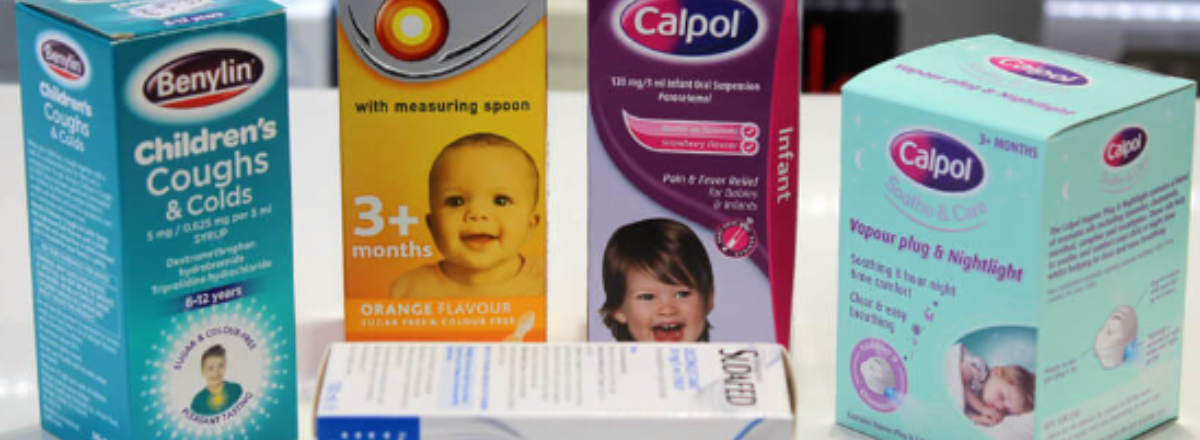If you’re going on holiday this summer, chances are you’ve planned the clothes, shoes and accessories you’re taking. But when it comes to travelling abroad, it’s worth being as well-prepared with health supplies as it is with your wardrobe, if not more so.
‘Medicines are expensive abroad and no one wants to spend their time away looking for pharmacies, doctors’ practices or worse, hospitals. Being organised and packing the right medicines and first-aid supplies could save you money, time and a lot of stress,’ says ZoomDoc GP Dr Jenny Ellenbogen. ‘Some could even save your life,’ she adds.
So, if you’re heading away, take a look through our recommended list that contains everything a GP thinks you should be taking with you.
‘Fit to fly’ letter
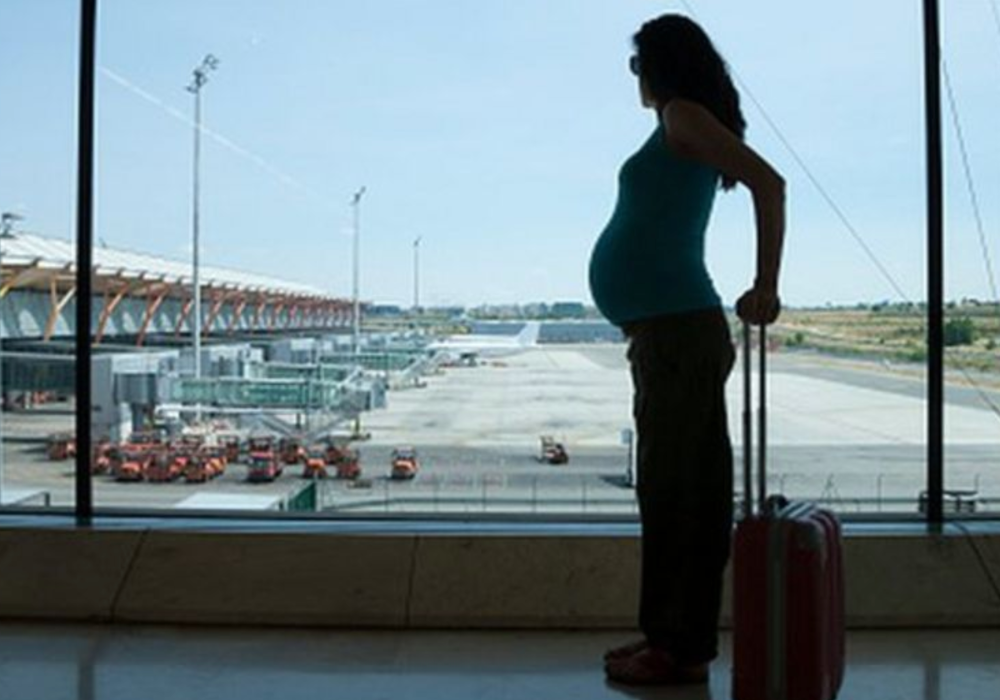
After week 28 of pregnancy, the airline may ask for a certificate confirming your due date, and that you are not at risk of complications.
There’s nothing worse than getting all the way to the airport only to be asked to show a ‘fit to fly’ pregnancy certificate for you, or a chickenpox certificate for your child – and not having one.
Airlines can refuse to let you onboard if you’re past 28 weeks and don’t have proof of your due date, which needs to be at least 4 weeks away. (You can only fly up until 36 weeks with a single pregnancy, or up until 32 weeks with multiples provided you are fit and well.)
Fit-to-fly letters are available from your NHS GP but they can take days if not weeks to be ready, and you’ll need to pay when you return to collect it. Luckily you can get these letters via ZoomDoc.
‘Our Fit To Fly Pregnancy letters cost £40 and can be with you within 3 hours, so if you have left it last minute we should be able to help,’ says Dr Jenny.
Find out more about flying in pregnancy.
If your child has had chickenpox recently, you’re probably delighted at the prospect of going on holiday after quarantining them for a week or so.
‘Even if their spots have crusted over it’s a good idea to take a chickenpox recovery certificate with you, just to prove they’re no longer contagious,’ says Dr Jenny.
Again, ZoomDoc can provide same-day Chickenpox recovery fit-to-fly certificates for £40. You won’t need to leave the house and it takes minutes to sort.
Age-appropriate medicines
If you’re travelling with babies or older children, make sure you’ve packed the right strengths of Calpol or Nurofen for them, such as Calpol Infant Suspension (for 2months+) or Calpol Six Plus (for over 6s). And of course, take adult versions for yourself, too.
‘Again, if you come down with a fever or bad sunburn, you’ll want to be able to treat the pain as quickly as possible without needing a pharmacy. Pack enough to be able to give someone regular doses for a few days, too,’ she says.
Asthma medication
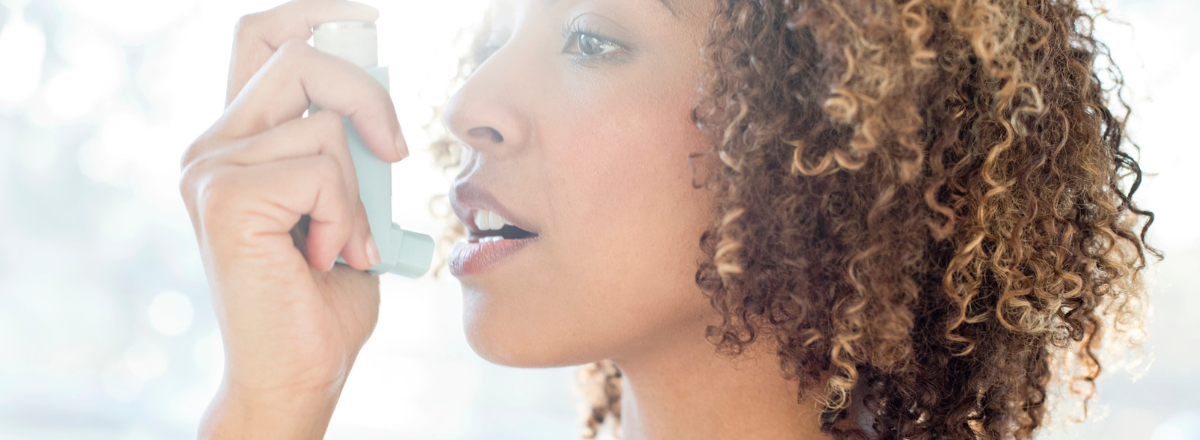
Asthma is a common lung condition that causes occasional breathing difficulties. It affects people of all ages.
If you’re asthmatic, even mildly, it’s so important to take your inhaler as well as a personal action plan with.
‘Hot weather, humidity, thunderstorms and altitude can all trigger asthma attacks unexpectedly so you must have yours to hand,’ says Dr Jenny who also recommends:
- Taking spare inhalers with – in case they get lost or stolen in luggage.
- Packing them in your hand luggage so they’re with you at all times.
- Bringing enough medicine to last longer than your holiday, just in case you’re delayed.
- Travelling with a copy of your prescription and a letter from your GP that details your health condition and medicine required.
ZoomDoc offers a same-day ‘Travel with medication’ letter for just £40. Again there’s no need to see your GP. Simply order yours online for peace of mind while you’re travelling.
Allergy meds and Epipens
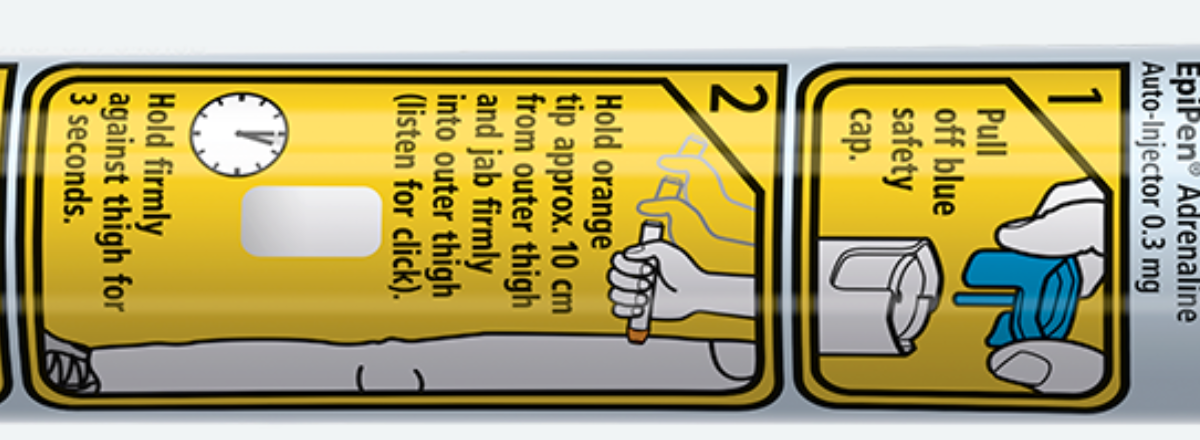
If you carry an EpiPen, it’s really important that you replace your adrenaline auto-injectors before the expiry date.
If you have a nut allergy or other severe food allergy, you’ll know that packing your adrenaline pen (Epipen) and medication, such as antihistamines or steroid treatment, is crucial.
‘This must be packed in your hand luggage, which needs to be accessible at all times so keep it with you, don’t stow it away in an overhead locker even,’ says Dr Jenny.
Allergy UK also recommends:
- checking your allergy medication hasn’t expired or won’t expire while you’re away
- travelling with a letter about any medication needed and an up to date allergy and/or asthma plan.
While there is still a 100ml liquids rule for hand luggage in place at airports, this doesn’t apply to medication in liquid form, such as antihistamine in syrup form, adds Allergy UK.
‘However, a copy of your prescription or letter from your doctor as proof of need may be required. The same documentary proof is required for Adrenaline Auto-Injector’s (AAI’s),’ it says.
ZoomDoc now provides Allergy certificates so if you’ve forgotten to see your GP or just don’t have time before you jet off, you can now buy it online, no appointment needed.
Your certificate will clearly state the type of allergy and allergens that can cause a serious allergic reaction or anaphylaxis, as well as any medications that you require to carry with you, in case of exposure.
Rehydration salts
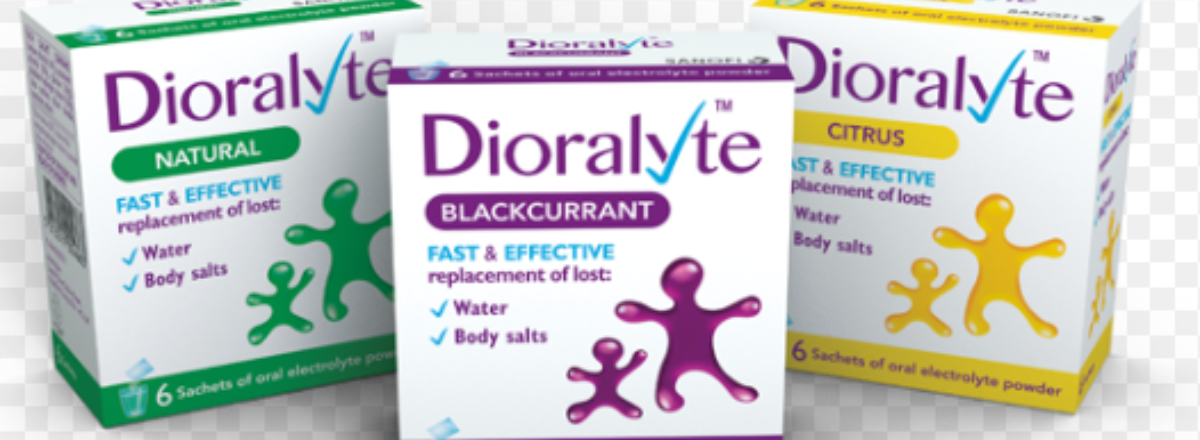
Oral rehydration salts should start working quickly and dehydration usually gets better within 3 to 4 hours.
If someone comes down with norovirus or food poisoning, the last thing you’ll want to have to do is leave your resort in search of Dioralyte, or other rehydration sachets.
‘These are really handy to pack in your luggage. Hopefully no one will need them but if someone does get sick or gets diarrhoea, which isn’t uncommon on holidays, they can help speed up recovery time by replenishing lost fluids and salts and reducing the risk of dehydration,’ says Dr Jenny.
Make sure you make them up with drinkable water and always use age-appropriate amounts.
SPF
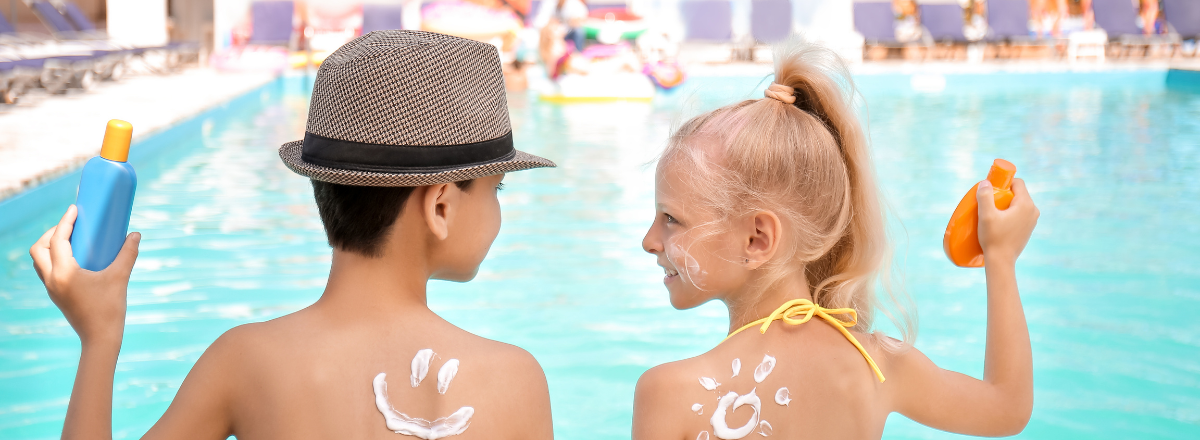
When buying suntan lotion ensure a sun protection factor (SPF) of at least 30 to protect against UVB.
If you’re going somewhere hot, it goes without saying to pack SPF or sunscreen.
‘Contrary to popular belief, it won’t stop you getting a tan but it will stop you getting skin cancer and sunburn, which can be incredibly painful and damaging to your skin,’ says Dr Jenny.
NHS sun safety advice says when buying sunscreen, the label should have:
- a sun protection factor (SPF) of at least 30 to protect against UVB
- at least 4-star UVA protection. UVA protection can also be indicated by the letters “UVA” in a circle, which indicates that it meets the EU standard.
Make sure you’re clued up about sun safety before you go.
Antibacterial gel
If there’s one thing we’ve all learned from COVID, it’s that washing hands well with soap and water is an easy way to keep germs and therefore illnesses at bay.
The next best thing to washing with soap and water for 20 seconds is to have an antibacterial gel handy, ‘so pop one or two in your hand luggage and you’ll be doing something to stop germs spoiling your holiday’, says Dr Jenny.
How ZoomDoc can help you abroad
If you do need urgent medical assistance while you’re away, always call an ambulance, which will differ according to the country you’re in:
- Call 112 in Europe
- Call 911 in the US
- Call 998 in Dubai
For non-urgent medical assistance, such as needing a Chickenpox recovery certificate to fly home or to speak to an English-speaking doctor while you’re away, download our app before you go, or even while you’re there – or visit us at www.zoomdoc.com.

